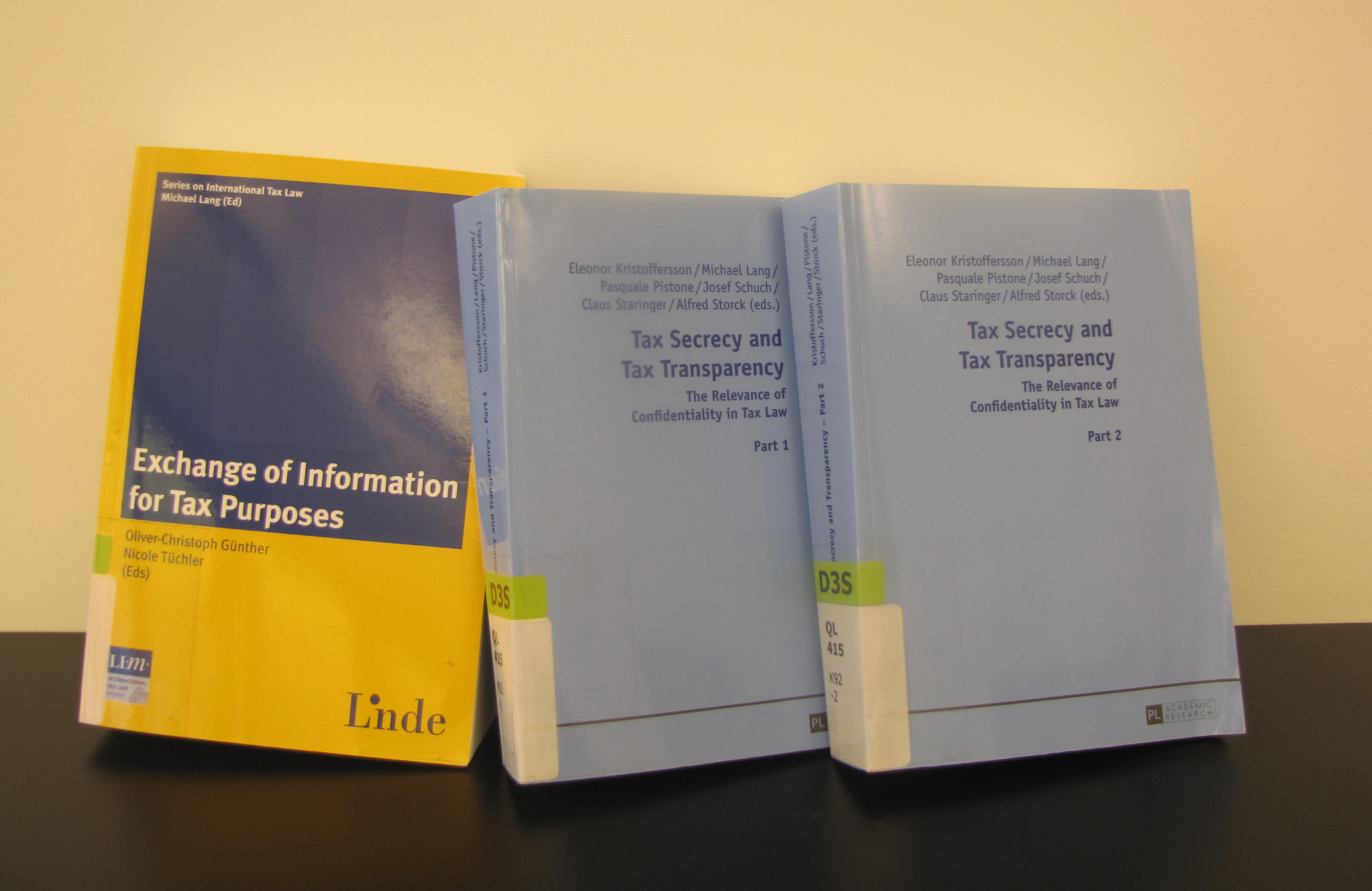CD Laboratory for Transparency in International Tax Law
Head of research unit
Commercial Partner
Duration
01.07.2018 - 30.06.2019
Thematic Cluster

The research topic is the legal aspects of the taxation of cross-border capital flows, in particular interest payments. The legal basis for this is being researched at national, European and international level.
How can cross-border interest payments be taxed fairly and efficiently? This question is of great political importance in a globalised world and is also very relevant in practice, especially for companies. The interplay of national, bilateral, EU and international requirements makes the legislation very complex, and the demands on banks and their customers are increasing.
This is where the laboratory comes in: the legal basis is analysed in detail, contradictory values are uncovered and legal policy proposals for transparent and balanced regulations are drawn up.
EU law is a key focus of the research. As one of the four fundamental freedoms, the free movement of capital is already laid down in the EU's fundamental treaties (primary law). With the Savings Directive, there are also concrete harmonisation measures (secondary law). In particular, there is a wealth of decisions by the European Court of Justice (ECJ) on the free movement of capital, the analysis of which forms the starting point of the research work. Building on this, the Savings Interest Directive will also be analysed in more detail with regard to its practicability and its compliance with the requirements of the fundamental freedoms. Based on the results, a proposal for improved European legislation will also be developed.
The second focus is the relationship between EU law and international treaties of the EU member states, such as the bilateral agreements between the UK and Austria with Switzerland. What are the legal consequences if the member states conclude their own treaties in addition to the applicable EU law and what conflicts can arise?
Finally, the third focus is on the conflict between the necessary transparency for effective tax collection and the right to privacy. To this end, the legal basis for the exchange of information is analysed, as is that for the enforcement of taxes. Specifically, the focus here is on various OECD agreements, the EU Administrative Assistance Directives and the unilateral approach of the USA (FATCA). The analysis of these different approaches should lead to a proposal for improved international cooperation.
Christian Doppler Forschungsgesellschaft
Boltzmanngasse 20/1/3 | 1090 Wien | Tel: +43 1 5042205 | Fax: +43 1 5042205-20 | office@cdg.ac.at

